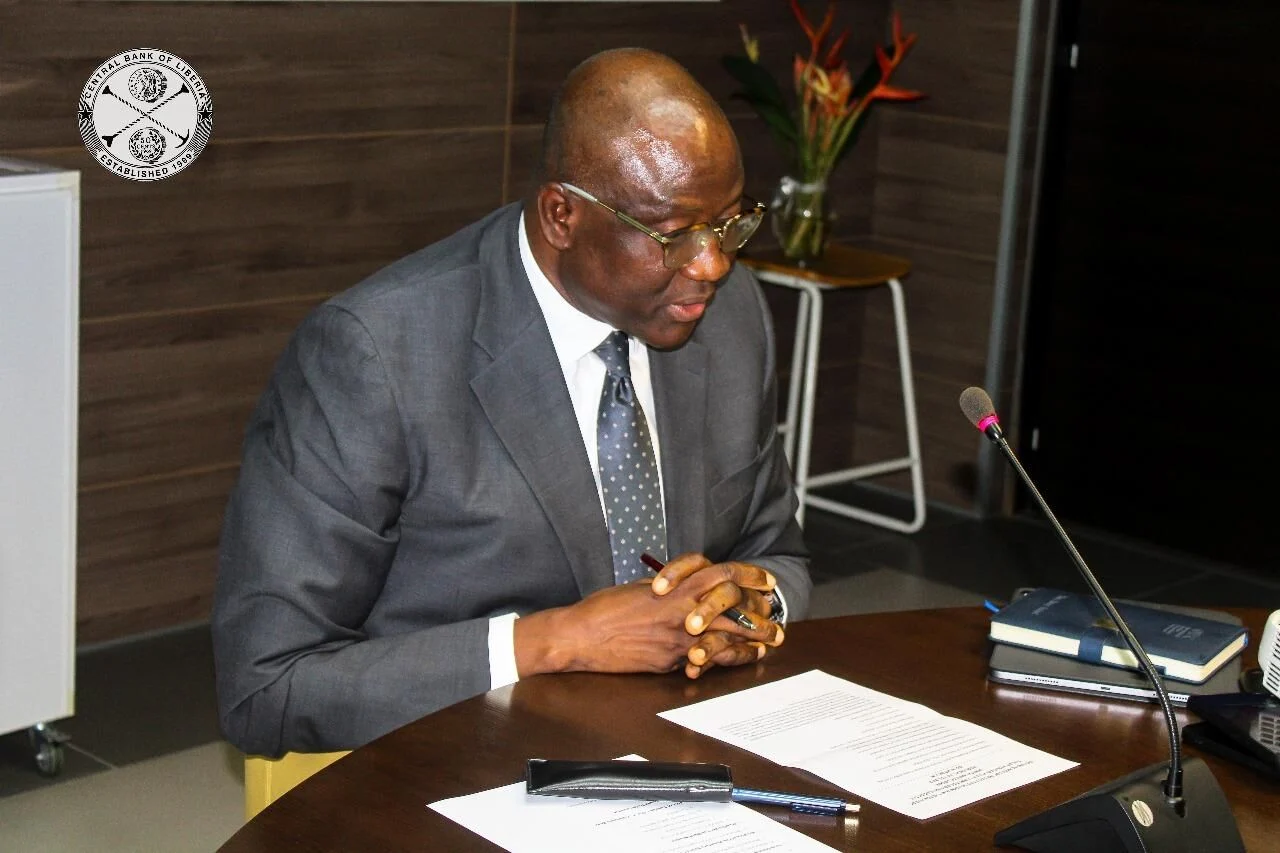
The Central Bank of Liberia (CBL) has unveiled plans for a national electronic payment switch, a major reform designed to modernize the country’s financial infrastructure, foster financial inclusion, and shift Liberia toward a cash-light economy.
The system is expected to be fully operational by December next year.
Speaking during the presentation of the Monetary Policy Committee (MPC) communiqué at the Bank’s headquarters, Executive Governor Henry F. Saamoi called the project a “game-changer” for Liberia’s financial ecosystem.
“We can’t be left behind,” Saamoi said. “We’re coming to the table late, but we have to get there.”
The electronic payment switch will act as a centralized digital hub, ensuring full interoperability between banks, mobile money operators, and financial service providers. The platform will allow customers to use a single card or payment tool across all ATMs and point-of-sale (POS) terminals nationwide, a move Saamoi said would address the inconvenience of fragmented systems.
“Right now, if Ecobank’s ATM is down, I can’t use their card at LBDI’s ATM,” he explained. “The switch will fix that—one card, one system, nationwide.”
Saamoi emphasized the transparency benefits of the initiative, particularly for mobile money services, noting that real-time transaction visibility would reduce opportunities for data manipulation and strengthen revenue tracking.
“Why should someone travel from Paynesville to Sinkor just to make a transaction?” he asked. “You should be able to do that from your phone, at home.”
The system is intended to shift banking staff away from routine cash-handling toward value-added roles, fostering efficiency and innovation. While Liberia’s long-term ambition is a fully cashless economy, the immediate goal is to reduce reliance on physical cash by promoting digital transactions.
The MPC announced it would maintain the monetary policy rate at 17.25%, citing improved inflation and exchange rate stability, with reserve requirement ratios for both Liberian and U.S. dollar deposits remaining unchanged.
Finance Minister Augustine Ngafuan welcomed the initiative, stressing its role in regional integration through the Pan-African Payment and Settlement System (PAPSS), which allows cross-border trade in local currencies.
“If someone in Liberia can pay for goods in Ghana without U.S. dollars, that’s not just convenience—it’s transformation,” Ngafuan said.
Olalekan Balogun, President of the Liberia Bankers Association, said the project was “long overdue” and underscored the importance of ensuring both Liberian and U.S. dollars function within the system.
“Digitization helps fight corruption. You can trace every payment,” Balogun noted. “We, the banks, are ready to support. We’re like conjoined twins with the CBL. But let’s push each other forward—this system must work.”



